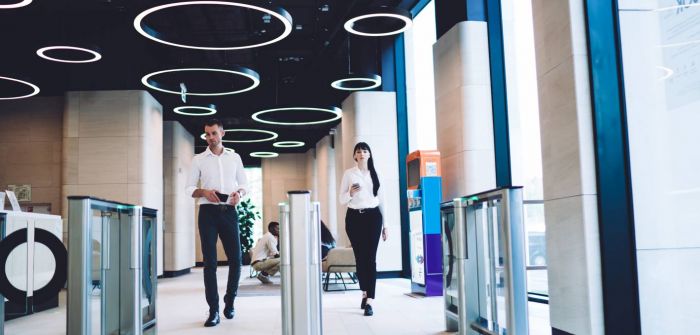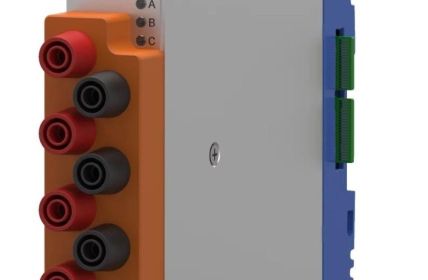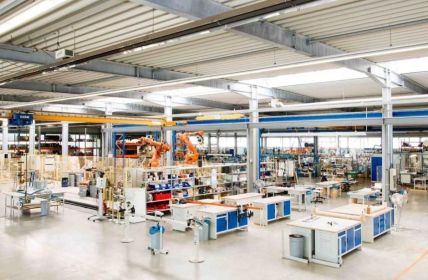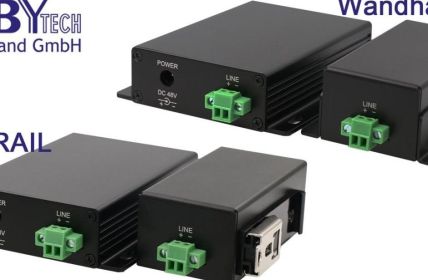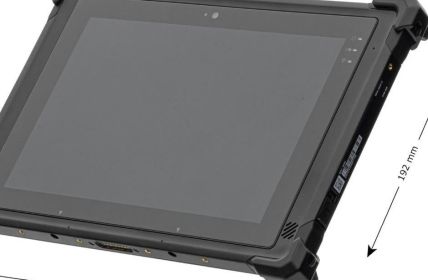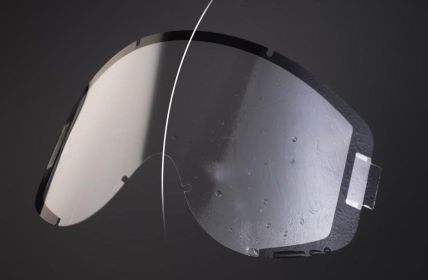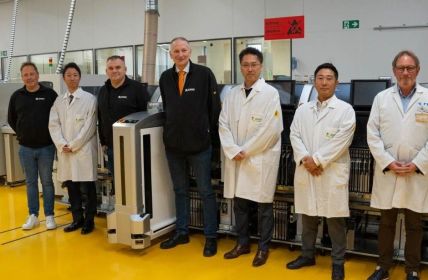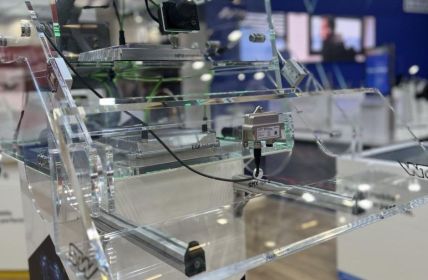The cooperation between the non-profit Smart Building Innovation Foundation (SBIF) and the System Design degree programme at the Berlin University of Applied Sciences (HTW) was launched in 2022. The SBIF, which was only founded at the beginning of the year, has set itself the goal of promoting innovations in the field of intelligent building management. Through the cooperation with the System Design degree programme at HTW Berlin, which deals with the development of holistic systems, new approaches and solutions for sustainable and efficient building are to be developed. The cooperation offers students the opportunity to implement practical projects and contribute their theoretical knowledge to the development of smart buildings.
Department of Design and Culture supervises project to develop method-based foundations for user-centred dynamics in Smart Buildings
Under the direction of Prof. Pelin Celik, Department of Design and Culture, System Design, a joint project is being carried out at the university. The aim of this project is to develop new method-based foundations for the representation of complex dynamics and systemic interrelationships in a smart building that are geared towards the needs of the users. By combining different approaches and techniques, innovative solutions are to be developed to improve the functionality and efficiency of smart buildings.
Extensive surveys are conducted to capture the interaction between users and smart buildings. The main focus is on understanding the relationships between the efficiency of the building (technology), the focus of the users (acceptance and satisfaction) and the type of interaction (intensity, opportunities, etc.). It is particularly interesting to look at the interaction between users and smart buildings as a variable that influences the other variables of the project.
The study focuses on the operational phase of a smart building, with a focus on gaining insights that are in turn of great importance for planning. The insights gained as well as the added value resulting from this project are to be presented publicly and made accessible to both the business and scientific communities. Concrete recommendations for action and planning will be given through the creation of a prioritised catalogue of measures.
Buildings of the future: sustainability, health and efficiency in harmony”
The integration of smart buildings plays a central role in achieving long-term sustainability goals in urban areas. The efficiency of these buildings depends significantly on the coordinated cooperation between the users and the technological solutions. In the office, various factors such as room temperature, air quality and lighting have a direct impact on the well-being of employees. By using intelligent building technologies, smart buildings can create an optimal working environment that takes individual preferences into account and is energy efficient at the same time.
Flexible offices are another example of the diversity of use of office buildings. The efficient and intuitive movement of office users within the building can be significantly improved through the use of intelligent lift technology and wayfinding systems. These examples illustrate that the way people interact with such technical innovations can accelerate or hinder both acceptance and practical application.


